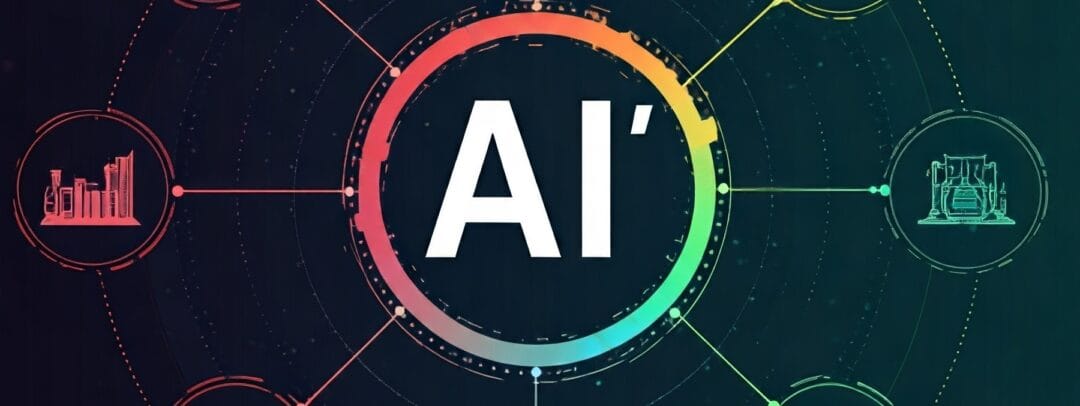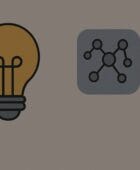AI’s Impact on Jobs Across Industries


Artificial intelligence (AI) is rapidly transforming the way we work and live, and its impact on the job market is undeniable. While some fear that AI will lead to mass job displacement, others believe that it will create new opportunities and reshape the nature of work.
One of the most significant ways AI is reshaping the job landscape is by automating routine and repetitive tasks. This is particularly true in industries such as manufacturing, where robots and other AI-powered machines are increasingly being used to perform tasks that were once done by humans. As a result, many workers in these industries are finding themselves out of work or needing to retrain for new jobs.
However, AI is also creating new jobs in a variety of industries. For example, there is a growing demand for AI engineers, data scientists, and other professionals who are needed to develop and maintain AI systems. In addition, AI is creating new opportunities for businesses to personalize their products and services, which can lead to increased demand for workers with the skills to implement these technologies.
Another way AI is reshaping the job landscape is by changing the nature of work. As AI becomes more sophisticated, it is able to take on more complex tasks, such as analyzing data, making decisions, and even providing customer service. This means that workers will need to develop new skills, such as critical thinking, problem-solving, and creativity, in order to remain competitive in the job market.
Here’s a breakdown of how AI is affecting various industries:
Manufacturing
- Job Displacement: Routine tasks on assembly lines are increasingly automated by robots and AI-powered systems.
- Job Creation: AI engineers, data scientists, and machine learning experts are in high demand to develop and maintain these systems.
Healthcare
- Job Displacement: Administrative tasks like medical billing and record-keeping can be automated.
- Job Creation: AI-powered tools assist in medical diagnosis, drug discovery, and personalized treatment plans, creating new roles for healthcare professionals.
Finance
- Job Displacement: Routine tasks like data entry and financial analysis can be automated.
- Job Creation: AI experts are needed to develop and implement AI-powered trading algorithms, fraud detection systems, and risk assessment models.
Retail
- Job Displacement: Cashier and customer service roles are increasingly automated by self-checkout kiosks and AI-powered chatbots.
- Job Creation: AI experts are needed to develop personalized shopping experiences, optimize supply chain management, and analyze customer behavior.
Customer Service
- Job Displacement: Routine customer service inquiries can be handled by AI-powered chatbots.
- Job Creation: AI-powered customer service tools require human oversight and training, creating new roles for customer service managers and AI trainers.
Transportation and Logistics
- Job Displacement: Truck drivers and delivery personnel may be affected by the rise of autonomous vehicles.
- Job Creation: AI engineers and technicians are needed to develop and maintain self-driving vehicles and optimize logistics operations.
Education
- Job Displacement: Administrative tasks like grading and scheduling can be automated.
- Job Creation: AI-powered tutoring systems and personalized learning platforms require educators to adapt and utilize these tools effectively.
The Future of Work While AI has the potential to disrupt traditional job roles, it also creates new opportunities. To adapt to this changing landscape, individuals need to:
- Upskill and Reskill: Continuously learn new skills, especially in areas like data science, machine learning, and AI ethics.
- Embrace Human-Centric Skills: Develop strong communication, creativity, and critical thinking skills, which are difficult to automate.
- Collaborate with AI: Learn to work alongside AI tools to enhance productivity and efficiency.
- Stay Informed: Keep up with the latest advancements in AI and its impact on various industries.
By embracing these strategies, individuals can thrive in the AI-driven future.








